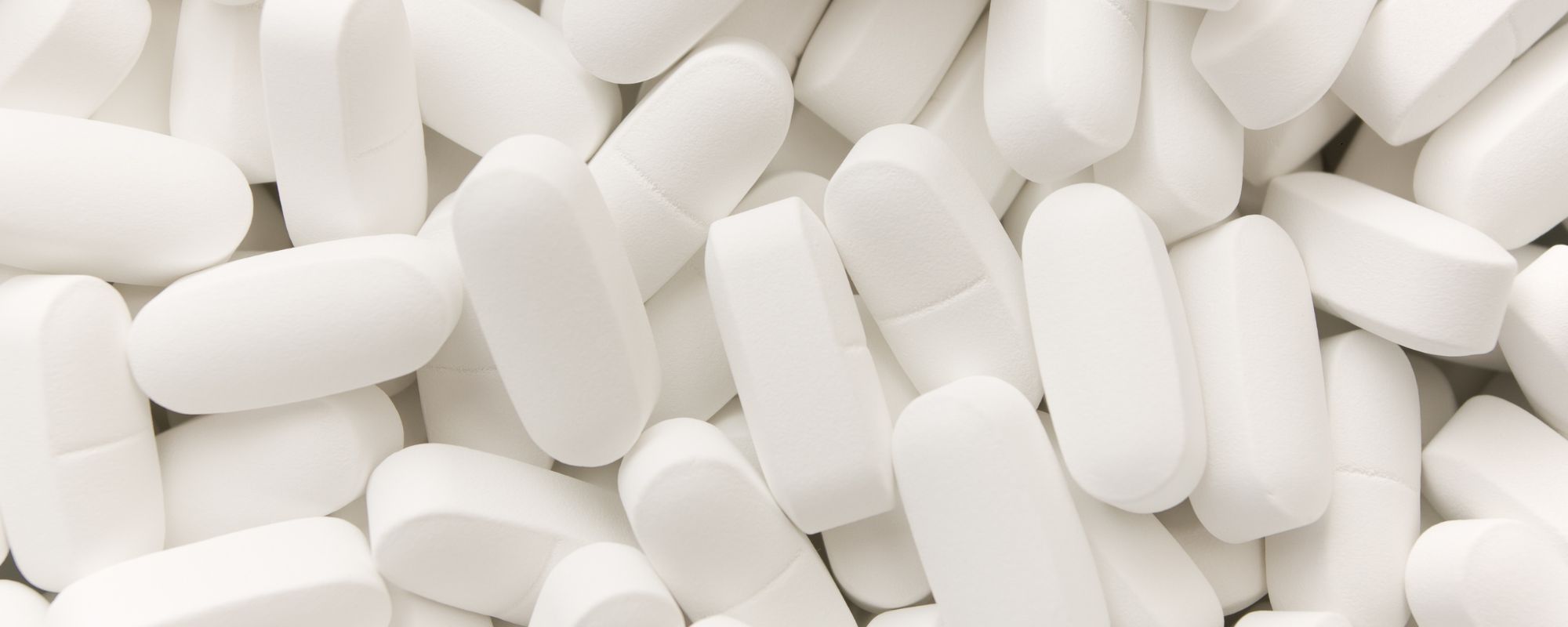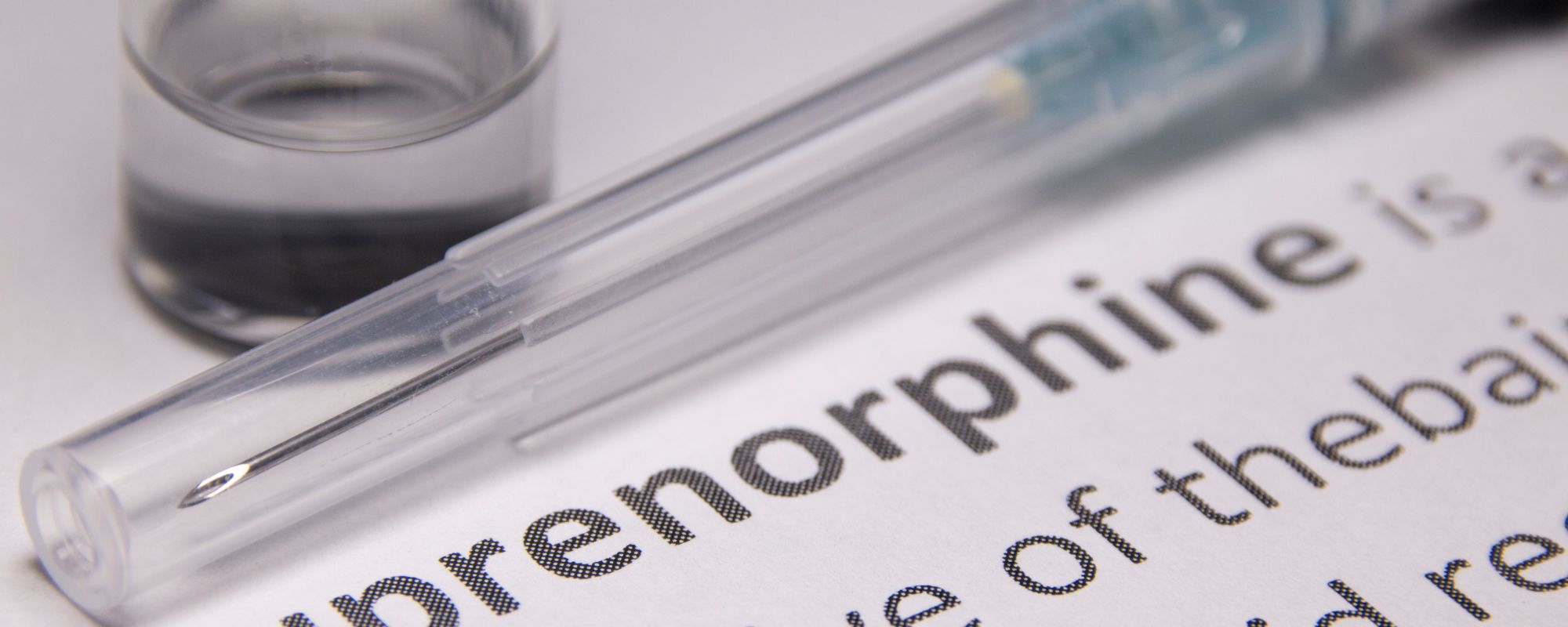One of the most accountable actions you can ever take is admitting you have a problem with drinking or drugs — and that it’s time to take steps toward change. It takes real courage and humility, especially when many people with an undiagnosed substance use disorder remain in denial about how their addiction is affecting them and their loved ones, but few attempt to get treated.
The question is, how do you choose the type of treatment that suits you best? There’s often an assumption that rehab is only on an inpatient basis, checking into a facility and stepping away from life for a period of time.
While this is a smart option for people suffering from very severe addictions, it might not be feasible when you have commitments that can’t be neglected. Outpatient rehab seeks to achieve a balance, striking a middle ground between enabling you to pursue recovery and the commitments that define who you are.
What Is Outpatient Rehab?
Outpatient addiction treatment allows you to receive therapy for an alcohol or drug addiction while still being able to live at home. It’s particularly suited for people who need an intensive level of support but don’t require the 24/7, onsite residential component that inpatient treatment provides.
During outpatient drug rehab, treatment typically involves attending therapy sessions several times a week, a few hours each day — this might be individual, one-to-one therapy with a counselor, or group therapy sessions with other people like you in recovery, very similar to the structure of a 12-step program.
When the day’s sessions are complete, you’re able to leave the facility and go home before returning the next day. It’s the best of both worlds because you get to work toward recovery and fulfill your day-to-day responsibilities without sacrificing or compromising either one.
Inpatient Rehab vs Outpatient Rehab
Both forms of treatment have distinct similarities and contrasts, but knowing which option is best for you really depends on your needs and the nature and severity of your problem.
Inpatient rehab:
- Inpatient rehab offers less independence than outpatient rehab, requiring you to stay at a treatment facility 24/7 for about 30 to 90 days. You’re not allowed to leave during this time.
- Every aspect of your day and environment is immersive, intensive, and built around recovery, with tight supervision — invaluable if you have a severe addiction, live in a highly triggering home environment, or are prone to relapse.
- Easily facilitates the transition to therapy from medical detox, a necessary component to treatment that helps you manage, with staff support, withdrawal symptoms after stopping drug or alcohol use.
Outpatient rehab:
- Offers the most independence in drug rehab. Routine counseling sessions during the day follow a flexible outpatient program schedule, enabling you to return home at night and still keep up with work, school, or family obligations.
- Treatment may last for several weeks to several months.
- Ideal for milder forms of substance use disorder and for people who don’t need round-the-clock supervision or who have supportive families and stable home environments.
Weigh these considerations when looking into drug rehab. Inpatient may serve best people whose drug abuse or drinking has become life-threatening and who need constant supervision and highly structured care in a controlled setting.
Outpatient addiction treatment, on the other hand, may be better if you’ve been able to remain functional despite substance abuse. Additionally, full-time residential treatment might be impractical if you can’t take time off from work or miss school.
Arguably, the most important part of outpatient rehab is that it enables you to take what you’ve learned in therapy and apply those lessons and skills to your life every day when you return home. This opportunity doesn’t exist with inpatient care until the conclusion of treatment when segueing back into independent living.
What Are the Levels of Outpatient Care?
Many people new to rehab might assume that there is only inpatient and only outpatient with no other options existing if they need more scheduling flexibility or treatment intensity. However, one of the most appealing parts of outpatient rehab is that there are different graduated levels of care to choose from.
PHP
A partial hospitalization program, or PHP, is a more intensive outpatient rehab model recommended for people with more severe addiction issues who call for significant clinical support without 24/7 supervision. Partial hospitalization focuses on promoting personal growth and your own autonomy, ideal if you’re transitioning out of an inpatient hospital stay — or if your symptoms are severe and need rigorous daily care but are stable enough that round-the-clock supervision isn’t necessary. In a PHP program, you’ll attend therapy and treatment about five to seven days a week for several hours but with the chance to return home at night — a hybrid between standard inpatient and outpatient.
IOP
IOP stands for intensive outpatient program, and like its name suggests, it’s a type of outpatient rehab that is slightly less intensive than inpatient or PHP care but more engaging and structured than outpatient. Like a PHP, IOP is ideal for people battling addiction who don’t need full-time care, but you’ll receive the same degree of inpatient care while enjoying the benefit of going home at the end of the day — ideal if you have a substance use disorder that needs focused care but also need to balance work, school or family life.
At our rehab locations, IOP will see you attending treatment several hours a day, multiple days a week. In IOP, group and individual therapy and educational workshops teach coping and relapse prevention skills that you can take home with you every day.
Outpatient Programs
Lastly, standard outpatient drug rehab is a less intensive, yet still effective, level of care. With fewer weekly therapy sessions, treatment fits seamlessly into your own personal schedule. For some people whose addictions may be moderate and more manageable, outpatient may be their first and only step needed in a treatment program. For others, it’s the next transitional step after completing an inpatient, PHP, or IOP plan — having detoxed from substances and maintained their sobriety.
Outpatient care usually involves several weeks or months of routine counseling sessions, either one-on-one or group (or both), as you arrive at and return home from therapy each day to give you the full independence in your recovery you deserve.
Get confidential help from our addiction and mental health treatment facilities located across the United States. Call to join one of our quality programs today!
Speak With Our Admissions TeamWhat to Expect from Outpatient Rehab
We’ve talked about the different levels of outpatient addiction treatment care and how it stands apart from inpatient, but what features can you expect in outpatient rehab?
Individualized Treatment Plans
Even if the symptoms of an addiction may be similar from person to person, no two people experience it the same way, one reason why individualizing one’s treatment plan may be the most important aspect of outpatient rehab. This means that your treatment, from the time you start to the moment you finish, is tailored for you so you can get the most out of therapy. Working with your therapist, they’ll map out an actionable plan with achievable, reachable goals based on the nature of your addiction, duration, and challenges.
For example, you might have a moderate drinking problem, and your treatment plan will see you set up in an IOP since you don’t need 24/7 care and you run little risk of relapse by being home in the evenings and on the weekends. But you might start showing signs of therapeutic improvement quicker than expected, so your treatment plan is adjusted, moving you along to OP treatment sooner than expected. Yours may call for a mix of individual and group therapy, but if you respond better to the latter setting, your plan may be customized to include more of these sessions and fewer one-to-one appointments.
Exceptional Care and Guidance
In treatment, you’ll cross paths and work with addiction specialists who have one singular goal — to help you heal and get clean and sober. Recovery in the context of the best outpatient rehab remains elevated by a level of encouragement, support, and clinical expertise that’s meant to help you quit drinking or using drugs, manage withdrawal symptoms, and develop a newer, healthier mindset and outlook on life free of substances. Aliya’s treatment centers live by the promise of offering no less than a compassionate, caring environment from the beginning of treatment to the end.
Evidence-Based Psychotherapy for Alcohol Abuse
Treatment that’s evidence-based means it’s been proven effective through years of scientific research and results in a clinical setting — with the evidence being scores of people who have come out of the other end of addiction healthier, sober, and on a true path to recovery. In outpatient rehab centers, CBT, or cognitive behavioral therapy, is one of the most common types of talk therapy, aiming to help you challenge negative thought patterns that may contribute to harmful, addictive behavior and reframe and change your mental narrative.
CBT, DBT (dialectical behavioral therapy), and other forms of therapy effectively emphasize practical strategies empowering you to address the root causes of drug and alcohol abuse, giving you autonomy over your own recovery.
Holistic Treatment for Alcohol Abuse
The best outpatient rehab incorporates treatment that is integrative and comprehensive — for example, holistic treatments that work alongside psychotherapy to let you approach recovery in multiple ways. Holistic translates to “whole,” and in outpatient rehab, it refers to practices like yoga, meditation, sound therapy, acupuncture, and more, which are meant to heal your mind, body, and spirit, which can be weakened by addiction and substance abuse. Addressing the physical, mental, and spiritual aspects of recovery gives you better mental clarity, physical wellness, and inner resilience, which are so important in helping you rediscover and uncover your true essence that drinking or drug use may have buried.
Alumni and Aftercare Support
When your individualized outpatient rehab concludes, there’s a myth that it’s the end of treatment altogether. The truth is that while this marks the first step of maintaining your own sobriety in the real world, treatment doesn’t end here. In fact, the best outpatient rehab will connect you with an assortment of aftercare options — everything from continuing group therapy to access to transitional housing, as well as alumni programs for treatment graduates, meant to strengthen your relationship with the recovery community through 12-step programs and recovery events and activities.
Looking for quality treatment for substance abuse and mental health that’s also affordable? Aliya Health Group's treatment facilities accept most major insurance providers. Get a free insurance benefits check now!
Check Your CoverageWhat Can Outpatient Rehab Help With?
Outpatient rehab centers are built to address various drug or alcohol addictions, mental health issues, or a combination of both, known as a co-occurring disorder.
Substance Use Disorders
Alcohol Abuse
Alcohol use disorder affects nearly 29 million people a year. A problem that is one of the most deceptive, abusive drinking remains a problem because alcohol is such a socially accepted substance that can easily become an addictive crutch in one’s life. Therapy at outpatient alcohol rehab Las Vegas and our other locations helps you understand and identify why you drink. What are the underlying reasons? What are your triggers? It’s through accepting the problem and wanting to make a change that you can develop coping strategies when triggers arise and live a newer, happier, more fulfilling life without alcohol.
Drug Abuse
Drug addiction remains so prevalent because it can take on so many different forms — from narcotics, prescription medications, opioids, stimulants, to others. Illicit drugs can pose various short- and long-term damage to the body and the brain, but the lasting, almost irreparable harm is on how drug abuse can affect your life and the people around you. No matter the substance, because addiction rewires the brain, it makes it harder to quit even if you do recognize the damage it’s causing. Outpatient drug rehab meets these problems head-on with a blend of therapy — clinical and holistic — that addresses both the physical and psychological aspects of addiction, giving you the tools, skills, accountability, and willpower to kick drugs to the curb and emerge with a commitment to staying sober.
Mental Health Disorders
Anxiety
Did you know that anxiety disorders, in all forms, affect 40 million people a year? According to the Anxiety & Depression Association of America, anxiety disorder can stem from a combination of risk factors like genetics, neurological reasons, life events, and your own physiological and personality makeup, resulting in symptoms like chronic worry, restlessness, and difficulty concentrating. Unfortunately, mental health disorders often coincide with substance abuse as some people abuse alcohol or drugs to self-medicate, worsening them in the process. Outpatient addiction treatment seeks to rectify the underlying issues contributing to anxiety, teaching real, actionable skills to cope with triggers and symptoms without turning to substances.
Depression
Depressive disorders also affect millions of Americans and is a major mental illness that co-occurs with other types of behavioral and substance use disorders. Depression is so much more than just feeling sad — it’s a chronic, unrelenting condition that can affect your motivation, outlook on life, and even your physical health. You may struggle with persistent fatigue, feelings of worthlessness, or difficulty finding joy in activities you once enjoyed with people who care about you. Treatment focuses on structured therapy, lifestyle adjustments, and sometimes medication management to mold a new, optimistic mindset through life skills and coping mechanisms.
Trauma
Trauma disorders impact every facet of life in every waking moment and can be caused by a singular traumatic event at some point in one’s life. Unresolved, untreated trauma — particularly in the case of post-traumatic stress disorder, or PTSD, which affects nearly 4% of the population — may lead to hypervigilance, emotional numbness or reliving a past traumatic event. But trauma-informed care in outpatient rehab centers includes therapies like EMDR (Eye Movement Desensitization and Reprocessing) or CBT to help you work through past experiences in a safe, supportive environment.
What To Look for in an Outpatient Rehab Center
That accountability in seeking treatment starts with finding the right fit in an outpatient drug rehab. Make sure to find a facility that’s accredited and licensed, offers a range of therapy options (psychotherapeutic and holistic), is staffed with qualified addiction and mental health experts, and, most of all, is an affordable outpatient rehab center.
How can you check all these boxes and discover more about what outpatient rehab can offer? Call us today. One phone call can literally change your life. We’re on hand to answer any questions you have about the fundamentals of rehab, which outpatient treatment is right for you, cost, insurance coverage, and more.
- https://www.gov/news-events/news-releases/nih-survey-shows-most-people-drug-use-disorders-never-get-treatment
- https://www.healthline.com/health/substance-use/inpatient-vs-outpatient-rehab#pros-and-cons
- https://www.niaaa.nih.gov/alcohols-effects-health/alcohol-topics/alcohol-facts-and-statistics/alcohol-use-disorder-aud-united-states-age-groups-and-demographic-characteristics
- https://adaa.org/understanding-anxiety/facts-statistics
- https://www.dbsalliance.org/education/depression/statistics/
- https://www.who.int/news-room/fact-sheets/detail/post-traumatic-stress-disorder#:~:text=Around%2070%25%20of%20people%20globally,in%20their%20lives%20(2)
















